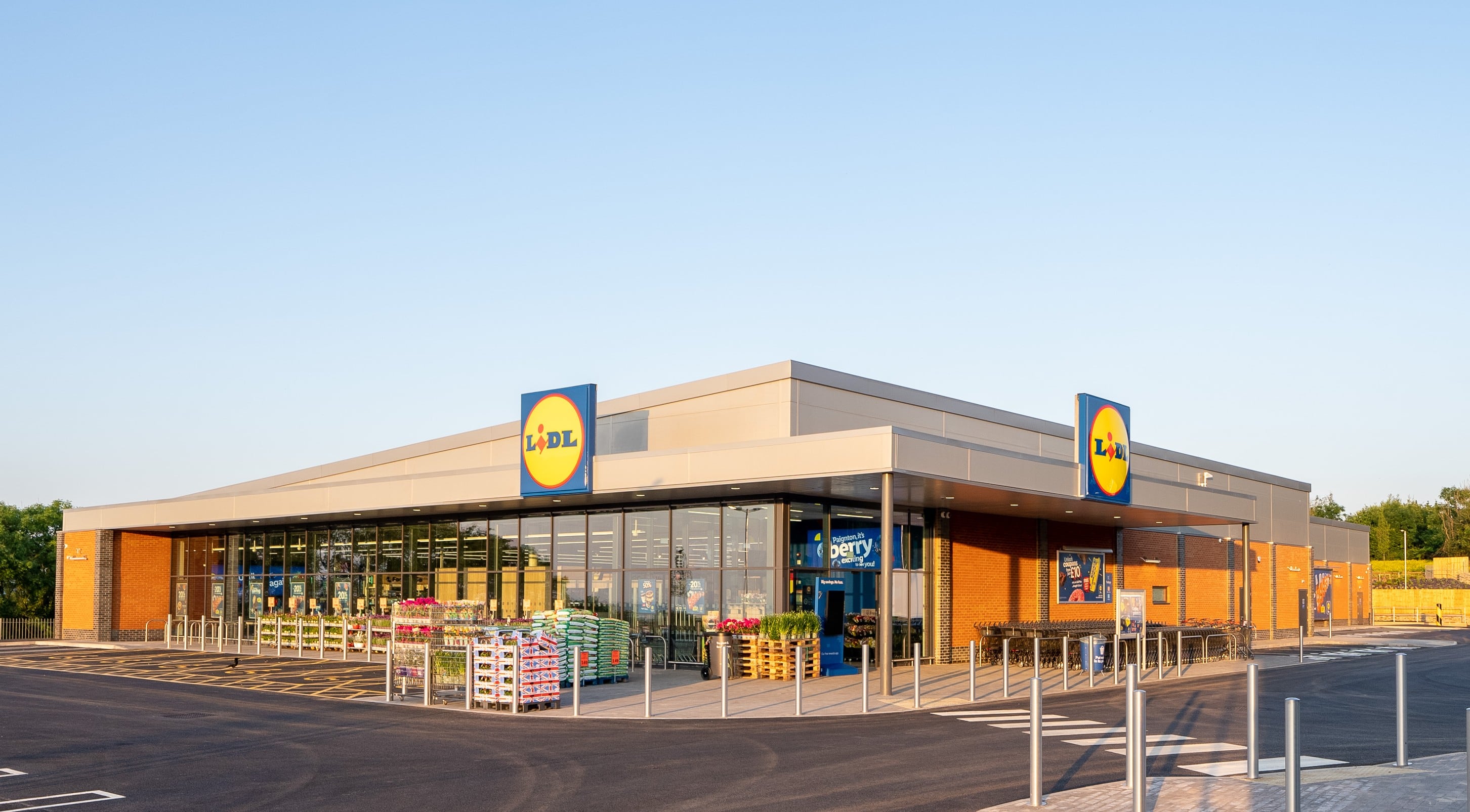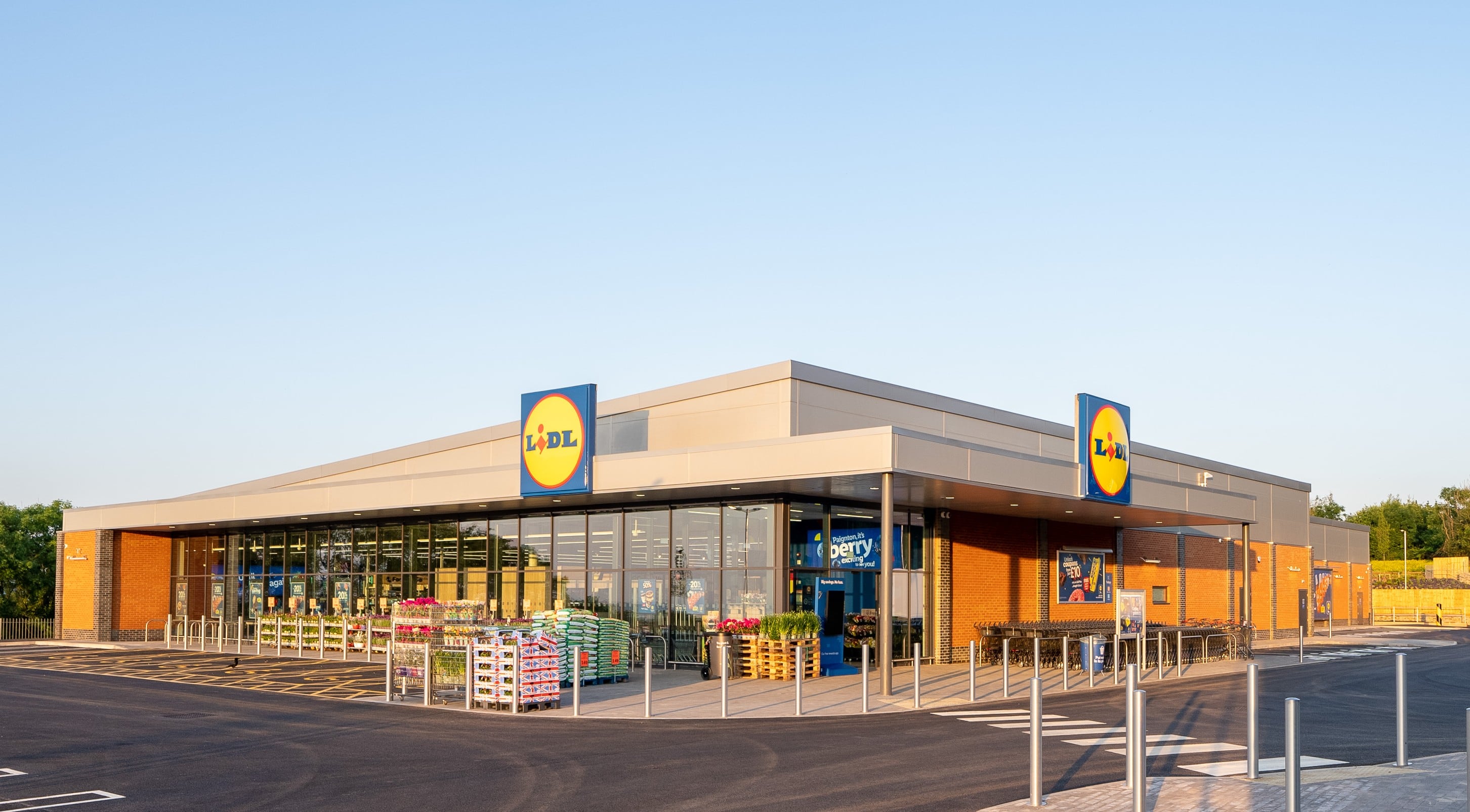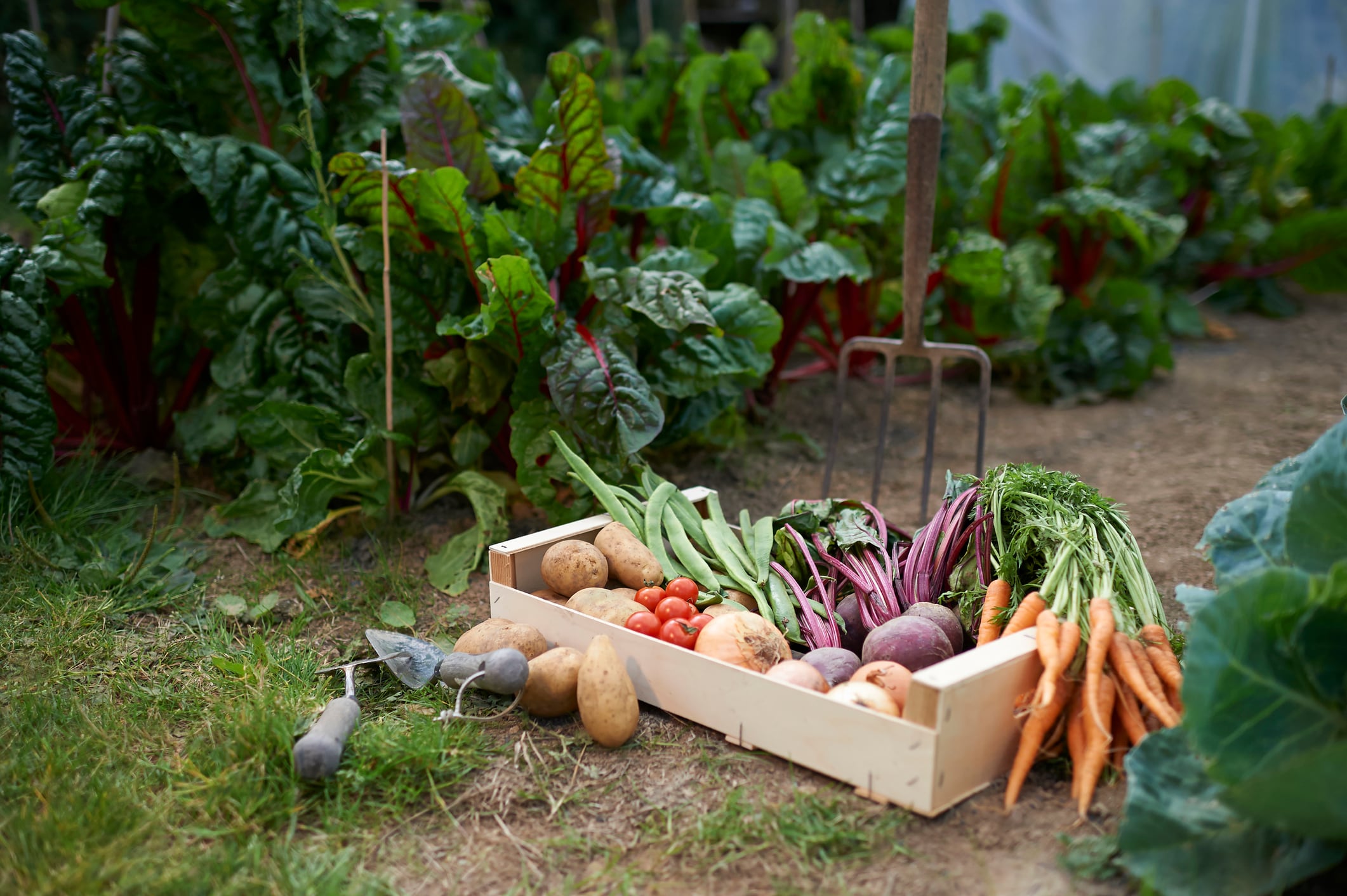The news comes as Lidl GB published its Sustainability Report 2023–24: Beyond the Basket, showing how the supermarket is translating its Net Zero and sustainable food system goals into measurable progress across emissions, diets, and British farming.
Fibre sales are up by 21.9% as Lidl has expanded its range of fibre-rich products and introduced monthly discounts of up to 30% on wholegrain items through Lidl Plus.
As a result, the retailer said it has already surpassed its target to increase fibre tonnage by 20% by 2026 - achieving nearly 22% growth two years ahead of schedule. Wholegrains now account for 15.3% of all grain sales, up from 12.9% in FY23/24, with a target of 25% by 2030.
In addition, Lidl said it had exceeded its 2025 sales target for own-label meat-free and alternative plant-based milk, reaching a 694% increase against a 400% goal.
The discounter said these “milestones” support its broader commitment to increase plant-based food sales by 20% by 2030, in line with the EAT- Lancet Planetary Health Diet and net-zero ambitions by 2050.
Lidl revealed it is the first UK retailer to align with the EAT-Lancet Planetary Health Diet and WWF’s Planet-Based Diets methodology, committing to increase plant-based food sales by 20% by 2030 as part of a science-led approach to sustainable diets.
Commenting, Richard Bourns, chief commercial officer at Lidl GB, said: “Aligning our strategy with the Planetary Health Diet is a long-term commitment to building a healthier, more sustainable food system. It’s delivering measurable impact – beyond the basket – by making healthy and sustainable food more accessible and affordable. The progress outlined in our report shows we’re matching growth with real sustainability progress.
He added: “From sourcing materials responsibly and reducing emissions, to investing in British farming, we’re proving sustainability and value go hand-in-hand.
“Our customers expect us to lead with purpose, and we’re proud to be doing just that. By embedding sustainability into the heart of our operations, we’re not only protecting the planet – we’re supporting communities, empowering suppliers, and delivering the quality and value our customers rely on every day.”
Lidl revealed it has taken big steps to reduce environmental impact across sourcing, packaging, and transport. The report also highlighted that 98% of the discounter’s identified critical raw materials now come from verified sustainable sources, with an aim to achieve 100% by the end of 2025.
Lidl has made a £30 billion investment over five years in the British food and farming industry.




